Short Summary
The established AI market long dominated by major tech giants is being challenged by DeepSeek AI. For years, innovation was limited to a few key firms due to costly, closed systems. DeepSeek AI offers a more accessible, open-source alternative that could democratize AI, much like Linux transformed computing.
This paradigm shift may empower companies and developers to build customized AI solutions, increase transparency, and accelerate innovation across industries.
For years, tech giants have had AI locked down. They owned the research, the models, and the power. If you wanted to use AI, you had to play by their rules. Pay their fees. Accept their limitations.
But something is shifting. DeepSeek AI is stepping onto the scene with a different approach—one that could shake up everything. Unlike corporate-controlled models, it’s open-source. That means anyone can use it, tweak it, improve it.
And if that catches on? The balance of power in AI could flip overnight.
The End of AI Gatekeeping
Big companies love control. They spend billions keeping AI locked away behind complicated contracts and expensive subscriptions. They tell us AI is too complex for everyday businesses to handle on their own.
But open-source models like DeepSeek AI change the game. Suddenly, business researchers—even a high school coder in their bedroom—can build on the same technology as Google and OpenAI.
This isn’t just about cheaper AI. It is about breaking down barriers.
Research Highlights
- McKinsey estimates AI could add up to $13 trillion to the global economy by 2030.
- The global AI market is projected to approach $1 trillion by 2028, growing at over 30% CAGR.
- 72% of business leaders view AI as a core component of future strategy (PwC).
DeepSeek AI vs ChatGPT – The Battle for the Future
AI means ChatGPT for most people. It’s familiar, polished, and everywhere. But it’s also controlled by OpenAI, a company that decides who can use it and how.
Now, DeepSeek AI vs ChatGPT is becoming a real debate. One is proprietary. The other is open-source. One is locked down. The other is free to evolve.
That difference could reshape AI entirely. Businesses that don’t want to rely on OpenAI could turn to DeepSeek AI instead. Developers could create custom models without breaking the bank. Innovation could speed up because no single company is calling the shots.
Think about it. When Apple and Microsoft dominated computing, Linux came along and gave people an alternative. It wasn’t as flashy, but it was open, customizable, and—over time—unstoppable.
DeepSeek AI could be AI’s Linux moment.
AI Transformation: What Happens Next?
This shift isn’t just theoretical. It’s already happening.
AI transformation is moving fast, and businesses are scrambling to keep up. Some industries—finance, healthcare, Web Development, cybersecurity—still need closed models for security reasons. But others? They’re realizing open-source AI could save them millions.
And when money talks, industries listen.
If open-source AI keeps growing, we’ll see:
- More companies are building their own AI models instead of renting from OpenAI or Google.
- More transparency in AI decision-making (because open models can be inspected, unlike black-box corporate AI).
- A faster, messier, more unpredictable AI industry where innovation isn’t controlled by a handful of players.
Some companies will fight this shift. Big Tech won’t just roll over and let open-source AI take market share. But they may not have a choice. The demand for independent, affordable AI is too strong.
AI Trends 2025
The AI landscape is set for a change. Here is what’s coming:
- The open-source movement will explode. Businesses are already frustrated with expensive AI subscriptions. DeepSeek AI gives them an alternative.
- Regulators will start paying attention. With the future of AI technology becoming more decentralized, expect new laws and rules (some helpful, some frustrating).
- AI will take over middle management. AI isn’t just replacing basic jobs anymore—it’s making decisions, optimizing workflows, even handling hiring and firing.
One thing is clear: The AI we have today would not be the AI we have in five years.
The Tipping Point
The fight for the future of AI technology is not happening in boardrooms nowadays. The direction of AI is not decided by a handful of companies for the first time in years. It is up for grabs. DeepSeek AI is proof of that.
Tejas Shah is the CEO and Director of iPath Infotech, an IT services company that specializes in custom software, web, mobile, and eCommerce solutions. With over 15 years of experience, he has led over 200 successful projects, helping businesses around the world adopt new digital technologies. His innovative approach and focus on client success have made iPath Infotech a trusted partner for many. He is dedicated to setting industry standards and helping businesses grow in the digital world.



